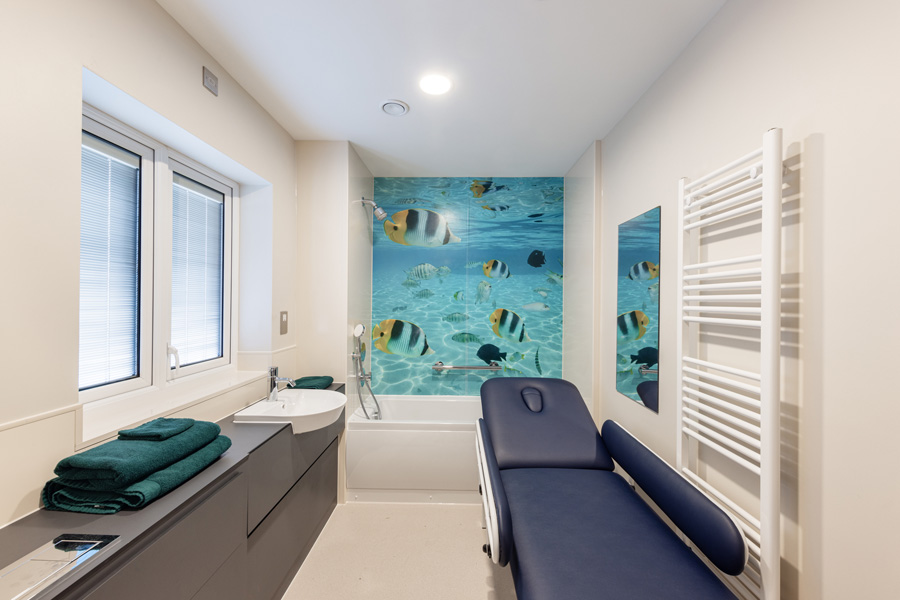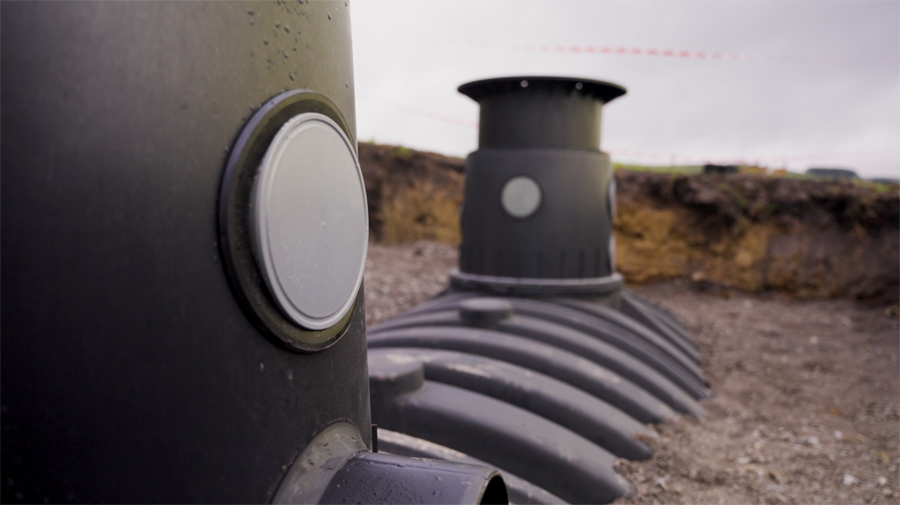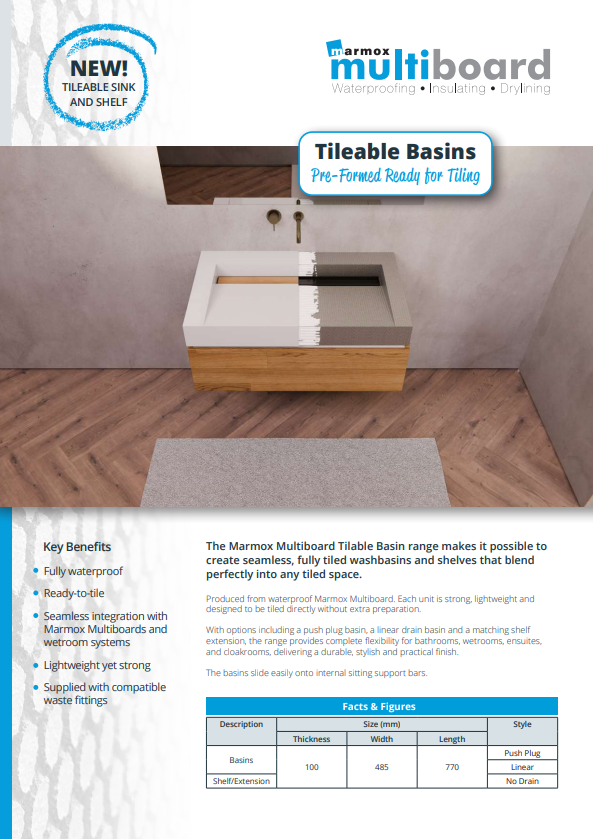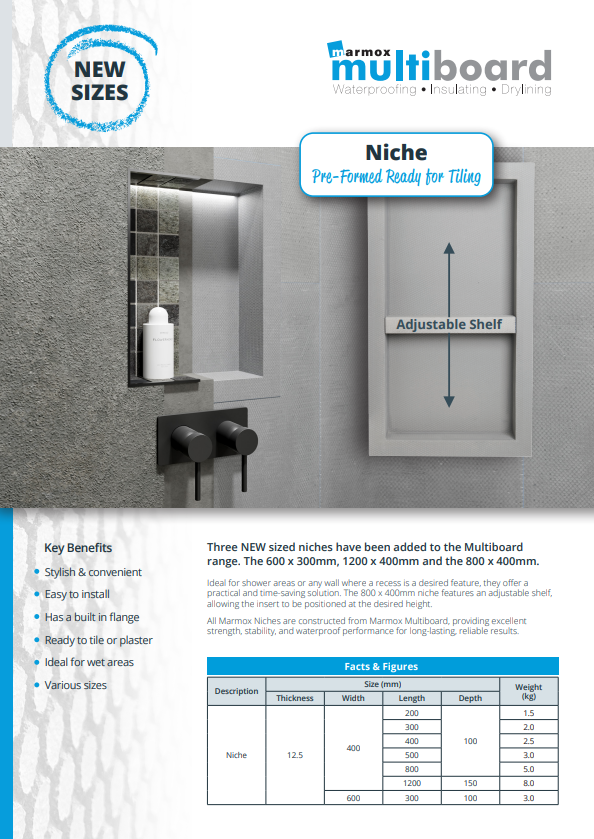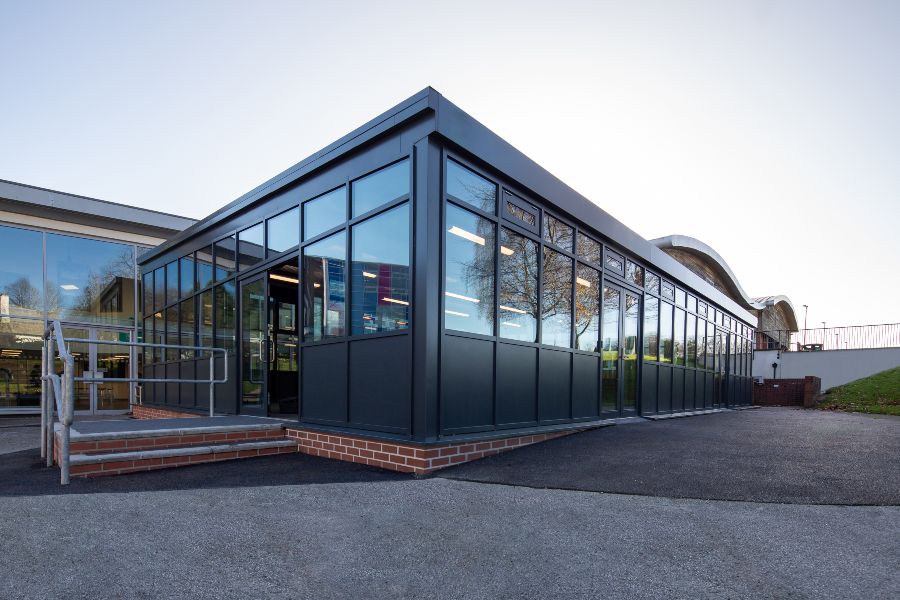Faced with tight planning restrictions in a conservation area, Mell Homes selected Cathedral Clay Pantiles and Postel Clay Tiles to roof Fosters Croft, its select development of three and four bedroom homes in the village of Hatfield near Doncaster.
“There were numerous planning conditions for this project so, where we might normally have considered concrete tiles they were not an option for this project,” says Natalie O’Connor, director of Mell Homes. “We went for these clay tiles and pantiles and the finished homes look great.”
Hatfield itself has many traditional buildings constructed from handmade brick dating back to the 18th century which feature clay pantile roofs. There was an existing building on the project site that was beyond repair but required a historical report.
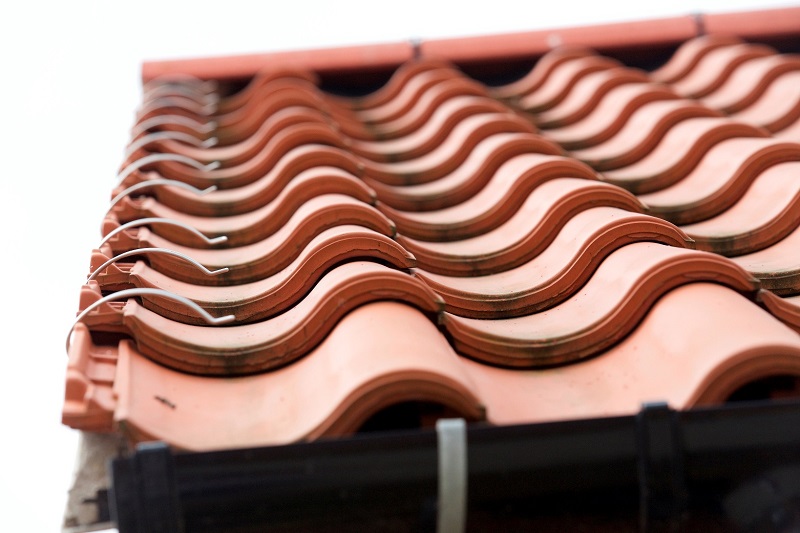
Working with its preferred roofing contractor, BC Tiling, the developer chose Cathedral Clay Pantiles for the two detached four-bedroom houses that had to be built on the exact footprint of the historic building and Postel Clay Tiles for the two three-bedroomed semi-detached cottages. “The two cottages have a more complex shape, like an old sixpence, and have three ridges so BC Tiling suggested that Postel was the better option,” says Natalie.
Neil Barron of BC Tiling explains: “We had already used Cathedral Clay Pantiles on two other developments that had won awards from the NHBC and we like the quality of the product, the reasonable costings and their availability. We thought the Postel would complement the appearance and also meet the planning constraints on the site – it’s a very nice-looking tile.”
Cathedral Clay Pantiles have been designed to reflect the history behind what is one of the most eye-catching roof tile profiles ever created, to produce a striking and attractive roof.
Precision manufactured using the latest clay technology, they combine the character of a natural clay product with the performance of a modern interlocking tile, enabling this distinctive look to be achieved at roof pitches as low as 22.5°.
Available in two popular colours that will mellow with age, Cathedral Pantiles retain all the charm and visual appeal of a traditional clay pantile with the added benefit of high performance.
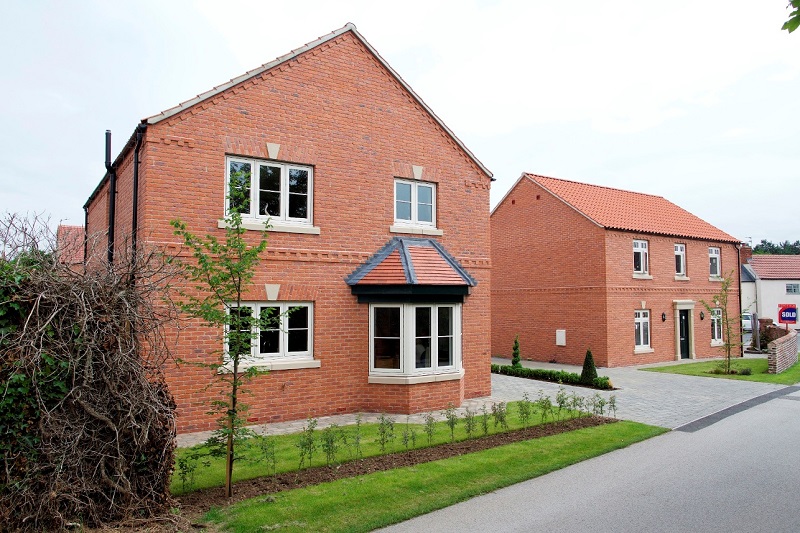
Unlike the Cathedral, the Postel Clay Tile is modelled on a 20th century tile that was very popular in South-East England – the Courtrai tile – which was imported into the UK from Belgium between the world wars due to a lack of indigenous supply at the time. Thousands of housing estates were covered with these tiles and many are now in need of reroofing and require a like-for-like replacement.
Founded more than 35 years ago, Mell Homes is an award-winning family business that builds exclusively in South Yorkshire, North Nottinghamshire and North Lincolnshire, where the Mell name has become synonymous with high quality craftsmanship.
Each site is carefully selected and designed to harmonise sympathetically with its surroundings, with every home backed by a 10 year NHBC warranty and the standards that have seen the company awarded no less than 19 NHBC Pride in the Job Awards for quality of construction.









